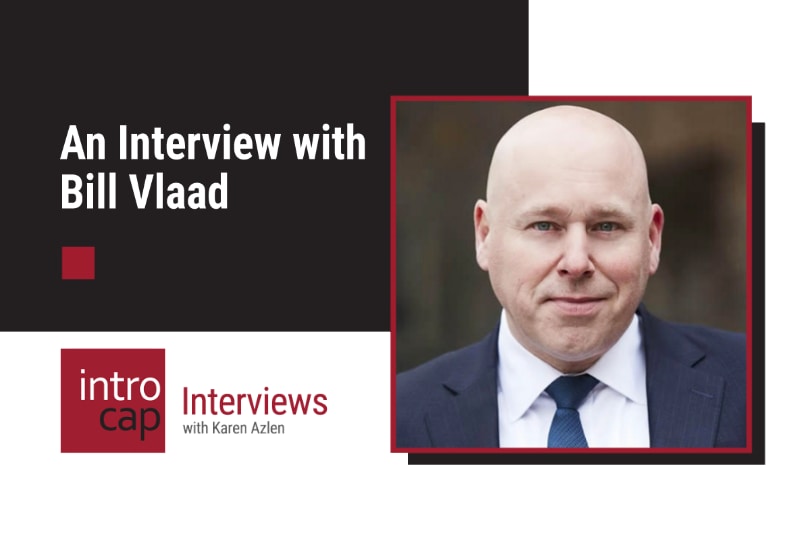It’s not enough to be well-qualified for a new position you’ll need to capture the attention of the recruiter who may be evaluating numerous qualified candidates in search of the best one. Telling your story can gain the advantage and lead you to be the successful hire.
The human mind is a story processor and not a logic processor. Considerable research confirms thisi. Nature has shaped us to be social, to communicate with stories, and to be sharply attentive to character and plot. When it comes to the job search, it is the story of you that needs to engage the interest of the recruiter. So, how do you do that in the most effective way?
Lay out a clear progression
A resume should follow an ordered timeline that demonstrates the evolution of your career. Your story needs to build as you gain new experience, broaden your knowledge base, achieve quantifiable goals, and take on roles with gradually greater responsibility. Even lateral moves can bring real value in terms of different skills, challenges and job cultures. Your worth as a candidate will expand as the plot unfolds and the you who emerges is one who is ready for the new position as the obvious next step in your career.
Focus on what’s relevant
Concentrate on relevant experience, rather than every detail of every job. This helps to keep your resume concise and readable, while highlighting the aspects of your previous roles that bear directly on the position you’re seeking. Try to define the responsibilities of the position you’re seeking and then think about what you’ve done in prior roles that have prepared you for that.
The flip side is to spend less time detailing prior positions that are not on point. This needs to be managed prudently, as you’ll want to avoid large gaps in your history that beg for explanation. The objective is to give relatively greater emphasis to your more pertinent experience, but be prepared to explain the “what and why” of time spent on other activities or periods of time that may be left out.
Show your successes
Point to successes that you’ve enjoyed in your career. Try to be specific about the context, including the challenges you faced in making it all happen. A recruiter is interested in more than just positions held and responsibilities shouldered–it’s really about what you accomplished in those situations. The factors that led you to excel are what make you unique among the field of candidates. In the same way, you need to ensure that your resume is unique to the opportunity you’re pursuing and stands out as addressing the specific skills that will make you successful in the desired position.
Let your interest shine through
Like any good storyteller, you should try to make your own interest in the subject resonate with the reader. Recruiters want to know not only that you can do the job, but that you’ll be engaged and challenged in it, so that you stay and grow with the firm. That means conveying your belief that this is the ideal job for you. If this doesn’t come across adequately in the description of your previous roles, make sure it’s clearly featured in the top section of your resume, where you highlight your career objective, or value proposition statement. Good storytelling is exciting, stimulating, inspiring and even entertaining. Those sentiments should describe your interest in the new position.
A persuasive resume lays out a narrative that the recruiter will want to read and remember ahead of all other submissions. Craft a story that maintains continuity, demonstrates relevance to the desired position, expresses an excitement on the part of the writer that naturally engages the interest of the reader, and builds, chapter-by-chapter to a conclusion that is satisfying, if predictable–your selection as the new hire. No spoilers required–end of story.
[i] Bhalla, Jag, It is in Our Nature to Need Stories. Scientific American. May 8, 2013; available here.



